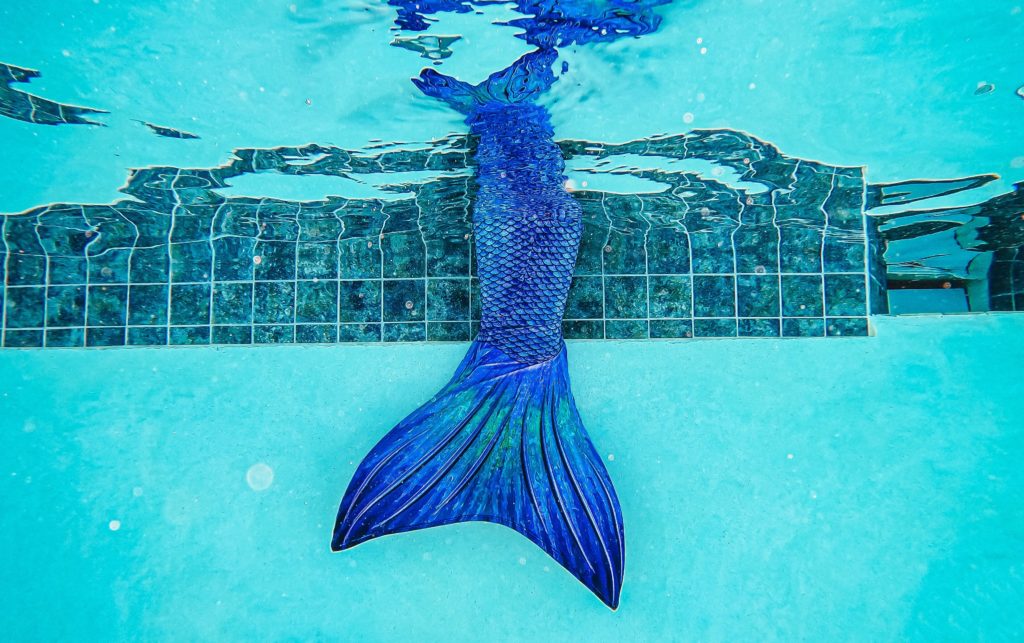
By Dr Ash Stokoe, University of Birmingham, Dr Gina Gwenffrewi, University of Edinburgh, and Dr Charlotte Galpin, University of Birmingham
In the eye of the media storm for the past five years, since the UK Government released a public consultation on the possibility of reforming the 2004 Gender Recognition Act, the UK’s trans community has weathered a dizzying degree of moral-panicking headlines and column inches. A series of data highlights the leap from 34 stories per month by the UK news media in 2012 to 34 stories per day in 2022, including between June-July 2022, a staggering 1140 stories, many from the BBC, The Sun, and The Sunday Times. Many if not most of these stories delegitimize trans people, symbolized by The Times’ ‘Children sacrificed to appease trans lobby’. In this prototypical article by award-winning columnist Janice Turner, a trans person of colour is framed as a threat to women, while trans people are reduced to an abstraction, a ‘lobby,’ which threatens the nation’s children. It is a return to the anti-gay and anti-lesbian tropes of the 1980s and 1990s during the era of Section 28, in which schools were forbidden from discussing LGBTQ+ issues, and by degrees the Islamophobia of the 21st century, in which implicitly white women and children are at risk from a dangerous demographic. As a profitable line of anti-minority baiting in the click-bait economy, against an outmanned opponent that cannot fight back, it is the bullies’ gift that keeps on giving.
In recent years especially, a new target has been the trans-advocacy charity, in acknowledgment of how “activists and policymakers focus on attacking the social, legal, and institutional infrastructure that trans people depend on to exist as trans people”. In her article on the recent attacks against the UK’s largest LGBT+ charity Stonewall, journalist Moya Lothian-McLean highlights how an unsuccessful lawsuit by the gender-critical activist Allison Bailey against Stonewall may still have been successful if the intention were merely to associate the LGBT-advocacy charity with controversy and scandal: “Losing the specifics of a tribunal against Stonewall doesn’t matter. The goal instead is to delegitimise the organisation in the eyes of the mainstream by enveloping it in the stench of controversy”
It is with the context of this two-year cross-media campaign to delegitimize Stonewall, for refusing to abandon its advocacy of trans rights, that we come to the new target of the anti-trans moral panic, the trans youth charity Mermaids. This is not the first time Mermaids has been attacked by anti-trans activism: in 2018, a campaign spearheaded by anti-trans activist Graham Linehan briefly led to the suspension of a national grant worth hundreds of thousands of pounds to the charity, before the campaign was eventually dismissed.
In October of this year, Mermaids, and its forum for trans youth, was further scrutinized by two Conservative British broadsheets, The Times and The Telegraph. The first object of criticism was the provision of resources and products for chest binding, a flattening of chest tissue practised by gender non-conforming and transmasculine spectrum people. The charity itself emphasized the need for a harm reduction policy surrounding binding, as trans youth who do not receive advice and support may engage in higher risk practises. While any practise that could have adverse health impacts needs to be assessed, and is likely to be emotive, it is important to recognize that existing research with trans subjects has highlighted the emotional and social significance of binding for trans and gender non-conforming people.
After this controversy, which resulted in The Telegraph inaccurately claiming that their investigation had led to an investigation of Mermaids by the Charity Commission, a further report by The Times alleged that a former trustee of Mermaids, Dr Jacob Breslow, had resigned after having been shown to present at a conference held by a support organisation for paedophiles, B4 U Act, during his time as a PhD student eleven years ago. On discovery of the incident, Mermaids immediately apologised and launched an investigation, commissioning in turn an external body to carry out a review of their trustee recruitment process. Dr Breslow, meanwhile, has resigned from Mermaids.
With the media onslaught against trans people’s legitimacy so relentless, the apparent glee in the media’s ‘gotcha’ moment underscores the dangerous implications for trans people. What’s truly distressing is knowing that a single incident by a trans-advocacy charity will be pounced on as the smoking gun that proves the anti-trans movement was right all along and that Mermaids should be closed down as part of a larger campaign to remove support systems allowing trans people to exist. The Breslow story in this sense is one that all trans people dread, in which a single incident is used as the pretext to damage trans rights’ more generally.
In conclusion, it is one thing to call out Mermaids for their lack of due diligence, but another to call for their erasure.
- More about Dr Charlotte Galpin
- More about Dr Ash Stokoe
- More about Dr Gina Gwenffrewi
- Back to Social Sciences Birmingham
The views and opinions expressed in this article are those of the author and do not necessarily reflect the official policy or position of the University of Birmingham.
